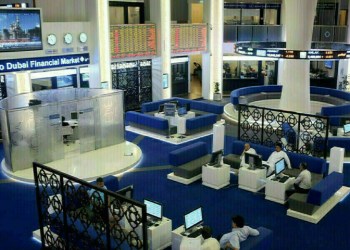NEW YORK: Global coffee supplies will shift to a surplus in 2018-19 with top grower Brazil on track to harvest a record crop, but prices will rise modestly by the end of the year as countries restock inventories, a Reuters poll of 14 traders and analysts showed.
Arabica futures were forecast to rise by 6.5 percent by the end of 2018, compared with the end of 2017, while robusta is expected to climb by 4.8 percent.
The survey’s median forecast pegged global coffee supplies at a deficit of 3.15 million 60-kg bags in the 2017-18 crop year (October/September) and then moving to a surplus of 4 million bags in 2018-19.
This forecast was largely due to expectations for top grower Brazil to harvest a record crop of 60 million 60-kg bags, made up of 44 million bags of arabica and 16 million bags of robusta, the median result from the poll showed.
Estimates ranged from a total of 55 million to 65 million bags. Brazil’s government agency Conab forecast the country will grow between 54.44 million and 58.51 million bags in 2018, which would be a record.
“The ongoing de-stocking of green coffee stocks in Japan, Europe and the United States against depleted producer coffee stocks, against the inability to rebuild those stocks in 2018 to any major degree, place coffee in a very precarious situation should Mother Nature inflict any damaging conditions anywhere in the coffee-producing world,” said Shawn Hackett, president of Hackett Financial Advisors in Florida.
Brazil’s 2019-20 crop was estimated at 54 million bags, with 39 million bags of arabica and 15 million bags of robusta.
Vietnam, the world’s biggest grower of robusta, was forecast to harvest 28.5 million bags of coffee in 2017-18, with estimates ranging from 27 million to 30 million bags.
Spot arabica coffee prices were forecast to end the first quarter of 2018 at $1.25 per lb, down 1 percent from the end of 2017. They were pegged finishing the calendar year at $1.344, up 6.5 percent from end-2017, with estimates ranging from $1 to $1.85.
“(The) market will focus on a large deficit in 2019-20 due to off-years and poor husbandry worldwide driven by low prices,” one trader said, referring to the crop’s natural cycle to produce smaller amounts every second year.
Second-position robusta coffee futures were seen ending the first quarter at $1,750 per tonne and the year at $1,800, up from end-2017 at $1,718.
Source: Brecorder.com



























